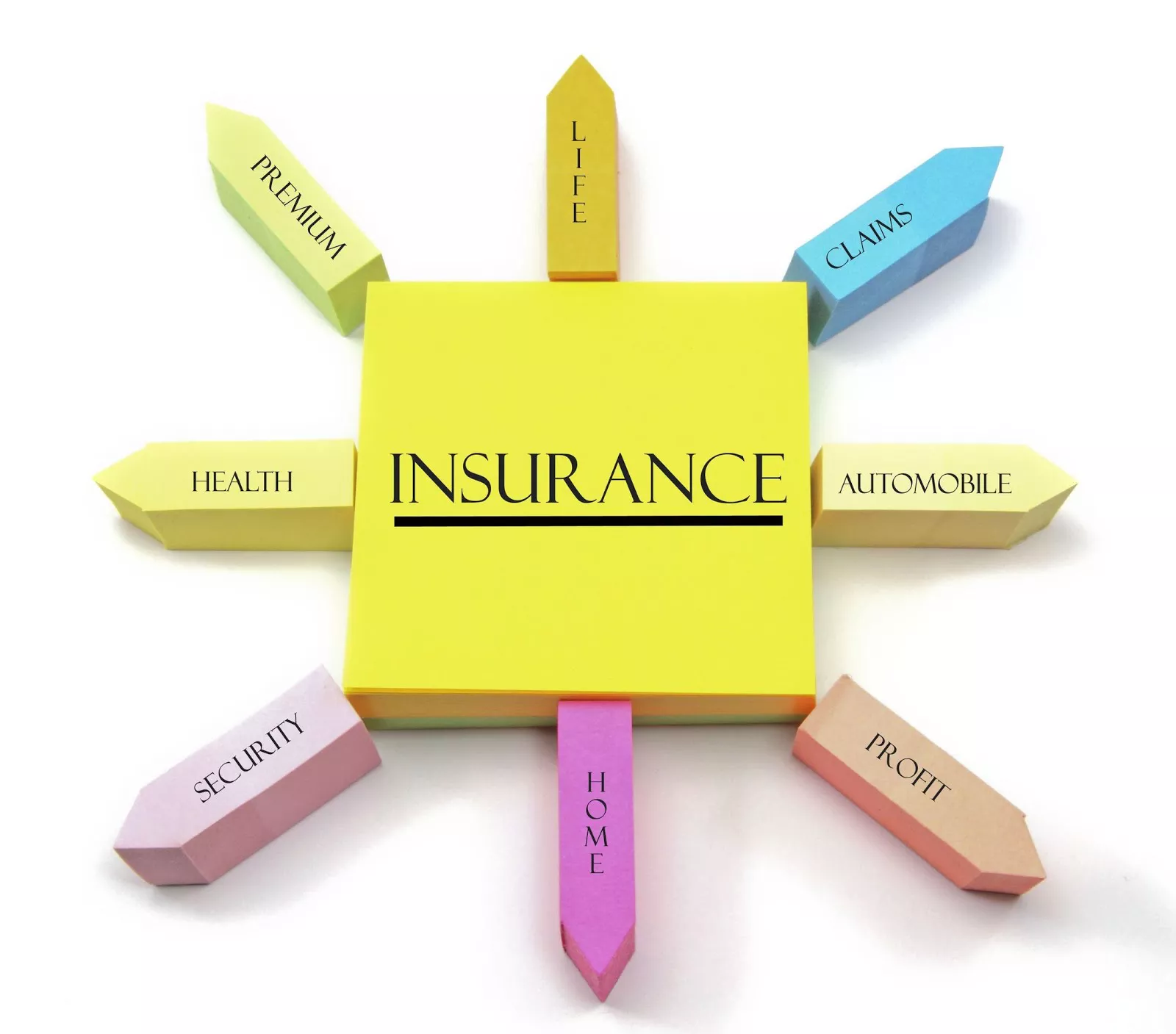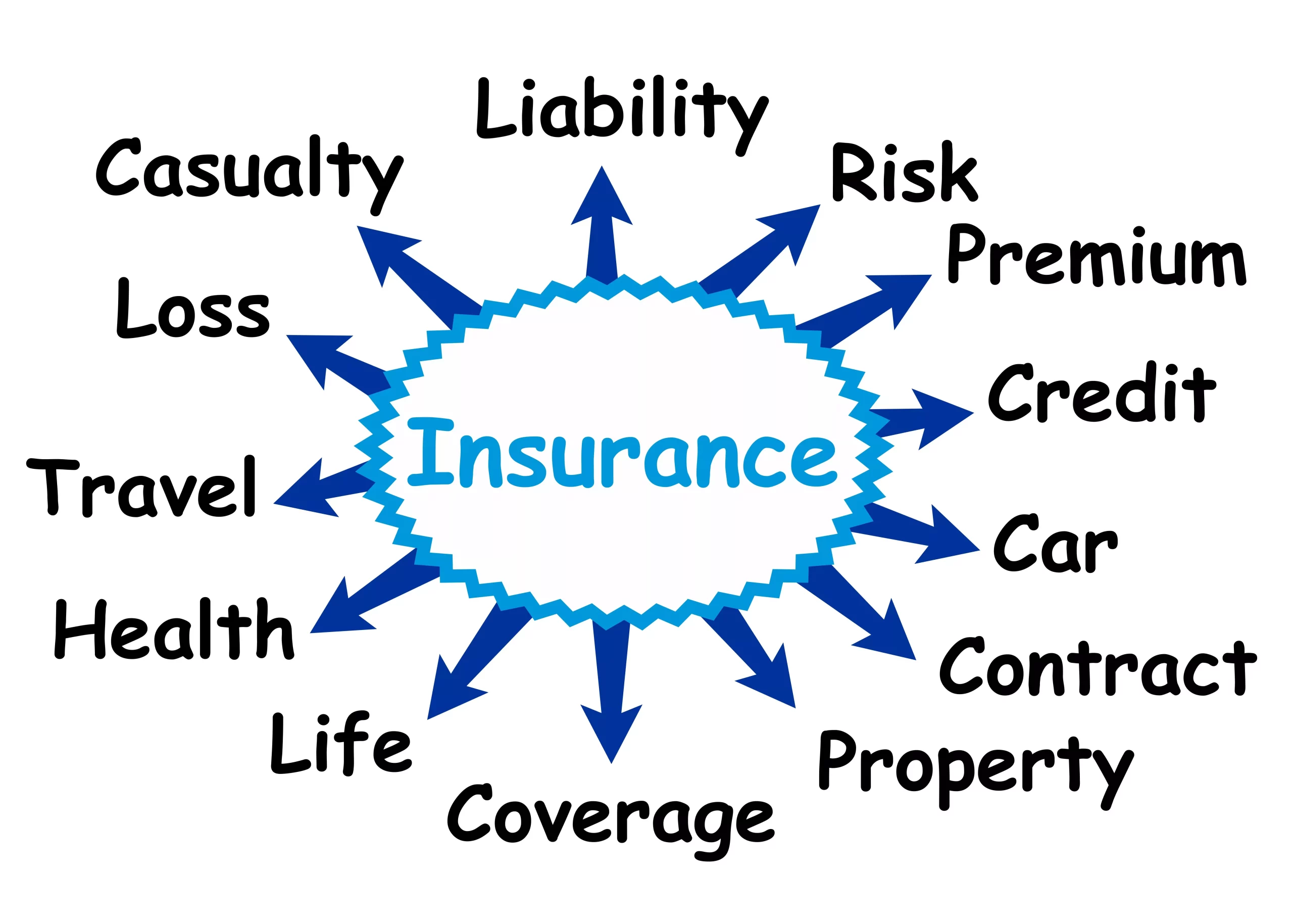Florida is a no-fault state when it comes to car insurance. This means that after a car accident, your own insurance policy pays for your medical expenses and certain other losses, regardless of who was at fault. To comply with Florida’s no-fault insurance laws, drivers need to have specific types of insurance coverage. These are Personal Injury Protection (PIP) and Property Damage Liability (PDL). This article will explore these two types of insurance in detail, explaining what they cover, why they are required, and how they benefit drivers.
Understanding Florida’s No-Fault Insurance System
Florida’s no-fault insurance system is designed to reduce the time and cost associated with car accident claims. Under this system, each driver’s insurance covers their own injuries and losses, regardless of who caused the accident. This approach aims to reduce the number of lawsuits and ensure that injured parties receive prompt payment for their medical expenses and other losses.
The Purpose of No-Fault Insurance
The primary goal of no-fault insurance is to provide quick compensation to accident victims. By having each driver’s insurance cover their own injuries, the system eliminates the need to determine fault before paying claims. This can speed up the process of getting medical treatment and paying bills after an accident.
The Benefits of No-Fault Insurance
Quick Compensation: Victims receive payments faster because they don’t have to wait for fault to be determined.
Reduced Legal Costs: Fewer lawsuits mean lower legal costs for both insurers and drivers.
Simplified Claims Process: The process of filing a claim is straightforward since it involves dealing with one’s own insurance company.
See Also: 2 Types Of Insurance Required By Georgia Law
Personal Injury Protection (PIP)
Personal Injury Protection (PIP) is a mandatory coverage in Florida’s no-fault insurance system. It covers medical expenses, lost wages, and other related costs resulting from a car accident.
What Does PIP Cover?
PIP insurance covers several types of expenses, including:
Medical Expenses: PIP covers medical bills for injuries sustained in a car accident. This includes hospital bills, surgery, medication, and rehabilitation costs.
Lost Wages: If the accident results in lost income because of injuries, PIP covers a portion of the lost wages.
Death Benefits: In the unfortunate event of a death resulting from a car accident, PIP provides a death benefit to the deceased’s survivors.
Other Expenses: PIP may cover other expenses, such as the cost of services that the injured person can no longer perform due to their injuries (e.g., childcare or household chores).
PIP Coverage Limits
In Florida, the minimum required PIP coverage is $10,000. However, this amount can be quickly exhausted in the event of a serious accident. Some drivers choose to purchase higher limits to ensure they have adequate coverage.
Exclusions and Limitations
PIP does have certain exclusions and limitations:
Intentional Injuries: Injuries caused intentionally by the insured are not covered.
Non-Passengers: PIP does not cover pedestrians or cyclists who are not named on the policy.
Alcohol-Related Injuries: Injuries sustained while driving under the influence of alcohol or drugs may not be covered.
How PIP Claims Work
When an accident occurs, the insured must notify their insurance company promptly. Medical treatment should be sought within 14 days to be eligible for PIP benefits. The insurance company will then evaluate the claim and pay for covered expenses up to the policy limit.
Property Damage Liability (PDL)
Property Damage Liability (PDL) is the second mandatory coverage required by Florida’s no-fault insurance laws. PDL covers damage to other people’s property resulting from an accident for which the insured is found legally responsible.
What Does PDL Cover?
PDL covers several types of property damage, including:
Vehicle Damage: Damage to another person’s vehicle resulting from an accident caused by the insured.
Other Property Damage: Damage to other types of property, such as buildings, fences, or mailboxes, caused by the insured.
PDL Coverage Limits
Florida law requires a minimum of $10,000 in PDL coverage. This amount covers the total cost of property damage resulting from a single accident. As with PIP, drivers can choose to purchase higher limits for additional protection.
Exclusions and Limitations
PDL coverage does have certain exclusions and limitations:
Intentional Damage: Damage caused intentionally by the insured is not covered.
Insured’s Property: Damage to the insured’s own property is not covered by PDL.
How PDL Claims Work
If the insured is responsible for an accident that damages another person’s property, the affected party can file a claim with the insured’s PDL coverage. The insurance company will investigate the claim and pay for the damage up to the policy limit.
The Relationship Between PIP and PDL
While PIP and PDL serve different purposes, they work together to ensure that drivers in Florida have comprehensive coverage for both personal injuries and property damage resulting from car accidents.
Comprehensive Protection
By having both PIP and PDL coverage, drivers are protected against a wide range of potential losses. PIP ensures that their medical expenses and lost wages are covered, while PDL provides coverage for damage they may cause to other people’s property.
Legal Requirements
Compliance with Florida’s no-fault insurance laws requires both types of coverage. This compliance ensures that drivers are meeting the minimum legal standards set by the state, which is crucial for maintaining the right to drive legally in Florida.
Avoiding Legal Penalties
Failure to maintain the required PIP and PDL coverage can result in severe penalties, including fines, suspension of driving privileges, and possible vehicle impoundment. By carrying the necessary insurance, drivers avoid these legal consequences and ensure they are financially protected in the event of an accident.
Additional Coverage Options
While PIP and PDL are the minimum required coverages in Florida, many drivers choose to purchase additional insurance to further protect themselves. Here are some common optional coverages:
Bodily Injury Liability (BIL)
Bodily Injury Liability (BIL) coverage is not required by Florida law but is highly recommended. BIL covers medical expenses, lost wages, and other damages for injuries that the insured causes to others in an accident.
Why BIL is Important
Protection Against Lawsuits: If the insured is found at fault for an accident that injures others, BIL can help cover the costs of a lawsuit.
Higher Coverage Limits: BIL often has higher coverage limits than PIP, providing more comprehensive protection.
Uninsured/Underinsured Motorist (UM/UIM) Coverage
Uninsured/Underinsured Motorist coverage protects the insured if they are involved in an accident with a driver who has no insurance or insufficient insurance.
Benefits of UM/UIM Coverage
Medical Expenses: Covers medical expenses if the other driver is uninsured or underinsured.
Lost Wages: Provides compensation for lost wages if the insured is unable to work due to the accident.
Peace of Mind: Offers financial protection against the risk of encountering uninsured or underinsured drivers.
Collision and Comprehensive Coverage
Collision and comprehensive coverages are designed to protect the insured’s own vehicle.
Collision Coverage
Vehicle Repairs: Covers the cost of repairing the insured’s vehicle after an accident, regardless of fault.
Total Loss: Pays for the replacement of the vehicle if it is totaled in an accident.
Comprehensive Coverage
Non-Collision Incidents: Covers damage to the insured’s vehicle from non-collision incidents such as theft, vandalism, fire, or natural disasters.
Medical Payments (MedPay) Coverage
Medical Payments coverage, also known as MedPay, provides additional medical expense coverage for the insured and their passengers, regardless of fault.
Advantages of MedPay
Supplemental Coverage: Works alongside PIP to cover medical expenses.
Broad Coverage: Covers a wide range of medical expenses, including deductibles and co-pays.
How to Choose the Right Coverage
Selecting the appropriate insurance coverage involves evaluating several factors, including personal needs, financial situation, and driving habits.
Assessing Personal Needs
Consider the following when choosing insurance coverage:
Health Insurance: If you have comprehensive health insurance, you might need less PIP or MedPay coverage.
Vehicle Value: For newer or more valuable vehicles, collision and comprehensive coverage are recommended.
Driving Habits: Frequent drivers or those with long commutes may benefit from higher coverage limits.
Evaluating Financial Situation
Determine how much you can afford to pay for premiums and how much coverage you need to protect your assets.
Budgeting for Premiums: Balance your budget with the level of coverage you need.
Deductibles: Choose deductibles that fit your financial situation. Higher deductibles can lower premiums but require more out-of-pocket expense in the event of a claim.
Consulting an Insurance Professional
An insurance agent or broker can help you understand your options and choose the coverage that best fits your needs. They can provide personalized advice based on your specific situation.
Maintaining and Reviewing Your Insurance
Regularly reviewing and updating your insurance coverage is important to ensure ongoing compliance with Florida’s no-fault laws and to maintain adequate protection.
Annual Policy Review
Conduct an annual review of your insurance policy to:
Ensure Adequate Coverage: Make sure your coverage limits are sufficient.
Update Personal Information: Update any changes in personal information, such as address or vehicle.
Compare Rates: Shop around and compare rates from different insurers to ensure you are getting the best value.
Reporting Changes
Notify your insurance company of any significant changes that may affect your coverage, such as:
New Vehicle: If you purchase a new vehicle, ensure it is added to your policy.
Driving Record Changes: Report any changes in your driving record, such as traffic violations or accidents.
Claims Process
Understanding the claims process can help you navigate the aftermath of an accident more effectively.
Steps to Take After an Accident
Ensure Safety: Move to a safe location and check for injuries.
Call Authorities: Contact the police to report the accident.
Exchange Information: Exchange insurance and contact information with the other driver(s).
Document the Scene: Take photos and gather witness information.
Notify Your Insurer: Report the accident to your insurance company as soon as possible.
Filing a Claim
Provide Information: Provide your insurer with all relevant details about the accident.
Work with Adjusters: Cooperate with insurance adjusters and provide any requested documentation.
Follow Up: Stay in contact with your insurer to monitor the progress of your claim.
Conclusion
Complying with Florida’s no-fault insurance laws requires drivers to carry Personal Injury Protection (PIP) and Property Damage Liability (PDL) coverage. These mandatory coverages ensure that drivers can cover their own medical expenses and compensate others for property damage, regardless of fault. While PIP and PDL provide essential protection, additional coverages like Bodily Injury Liability, Uninsured/Underinsured Motorist coverage, Collision, Comprehensive, and Medical Payments coverage can offer enhanced protection and peace of mind.
Choosing the right insurance coverage involves assessing personal needs, evaluating financial situations, and consulting with insurance professionals. Regularly reviewing and updating your policy ensures ongoing compliance and adequate protection. Understanding the claims process and maintaining good communication with your insurer can help manage the aftermath of an accident effectively.
By understanding and adhering to Florida’s no-fault insurance requirements, drivers can protect themselves financially and legally, ensuring they are prepared for the unexpected on the road.
Related topics:
































